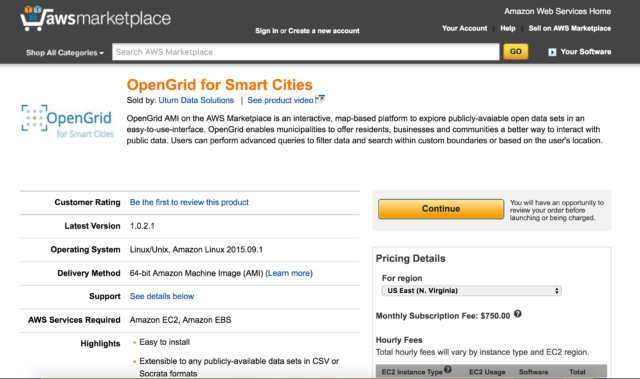Smart Chicago has been in civic tech since our inception. No other civic tech outfit in the country has done more to support the Chicago ecosystem, (funds, meeting space, contracts, hackathons, office space, server space) influence the field nationally (CUTGroup, support for the Code for America Brigade, a focus on justice and economic development for all) and produce our own tech (Chicago Works For You, Chicago Health Atlas, Foodborne Chicago, and more).
A focus on all, not just the most technical people
As we’ve grown, we’ve moved away from a focus on the highest-capacity tech people in the space. That move was pretty well-covered here in Civicist: The Real Heart of Civic Tech Isn’t Code. We simply think there is more good to be had by focusing on minting new tech workers in programs like Smart Health Centers, Documenters, and Youth-Led Tech.
An unprecedented technical infrastructure program
Yet we continue to quietly serve the needs of developers— in the footer, without fanfare, for free. Again, no other organization— local or national— has anything like this program. Some of the best developers in the city—Chris Gansen and Scott Robbin— have run it for us over the years, and we’ve been helpful to dozens of local developers.
Uturn Data Solutions has been maintaining the Developer Resources program for the last year or so. Amazon introduced us to Uturn because we were the largest customer in their government division— that’s no small measure of impact. Uturn continues to help us grow the program, as the Illinois Sunshine project from the Illinois Campaign for Political Reform is coming on board this month, adding more tech to our infrastructure.
We can’t ignore the lack of impact for civic tech tools
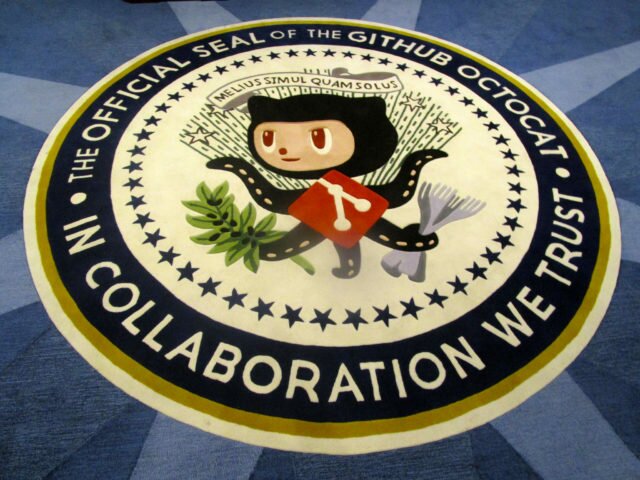 But I have watched with growing concern the lack of impact of pure tech. The tools we’ve made in civic tech have, frankly, not amounted to much. There are no break-out successes with millions of users. There is very slow uptake and re-use of new tools. And yet we still code.
But I have watched with growing concern the lack of impact of pure tech. The tools we’ve made in civic tech have, frankly, not amounted to much. There are no break-out successes with millions of users. There is very slow uptake and re-use of new tools. And yet we still code.
I think there are a number of modes of operation that preclude big impact— holding our events on the high floors of expensive downtown real estate, for instance. This keeps us far away from people in need.
Another reason is the way we propagate our work product.
Civic tech people love code. They love making code, they love talking about code amongst themselves, and they love publishing code on Github. The culture, since the inception of our movement, has been focused on code and tech rather than functionality and need.
This means that in order for a non-technical person to duplicate the functionality they see in a new “fork our code!” website, they have to hire a developer to do so. There’s just too much friction here— we have to fix it.
Amazon’s AWS Marketplace is better than Github for deploying civic tech websites
At Smart Chicago, we think we have a part of the answer: create and deploy Amazon Machine Images (AMIs) of civic tech functionality and sell it in Amazon’s AWS Marketplace. Here’s how Amazon describes an AMI:
An Amazon Machine Image (AMI) contains all the information necessary to boot an Amazon EC2 instance with your software. An AMI is like a template of a computer’s root volume. For example, an AMI might contain the software to act as a web server (Linux, Apache, and your web site) or it might contain the software to act as a Hadoop node (Linux, Hadoop, and a custom application)
From our perspective, an AMI is just a Github bucket that delivers on the promise of the raw code. We can conflate the two separate tasks we’ve been supporting for years (helping developers create code and helping organizations host their sites) into one simple experience.
AWS Marketplace is an online store that helps customers find, buy, and immediately start using the software and services they need. To date, it has been used mainly for pieces of functionality that corporations need to run an IT infrastructure— security, business processes, Sharepoint, whatever.
But when I look at the AWS Marketplace, I see a new way to get the great work we’ve done in civic tech in the hands of the people who need it most. With a software product listed in the AWS Marketplace, anyone can set up their own site by providing a credit card and filling out a form.
This week, Uturn Data Solutions, in partnership with Smart Chicago, will be launching their first civic tech AMI in the AWS marketplace. It will be the first, but hopefully not last, civic tech product of this kind to be packaged and distributed this way. A change for the better, stay tuned for more!”
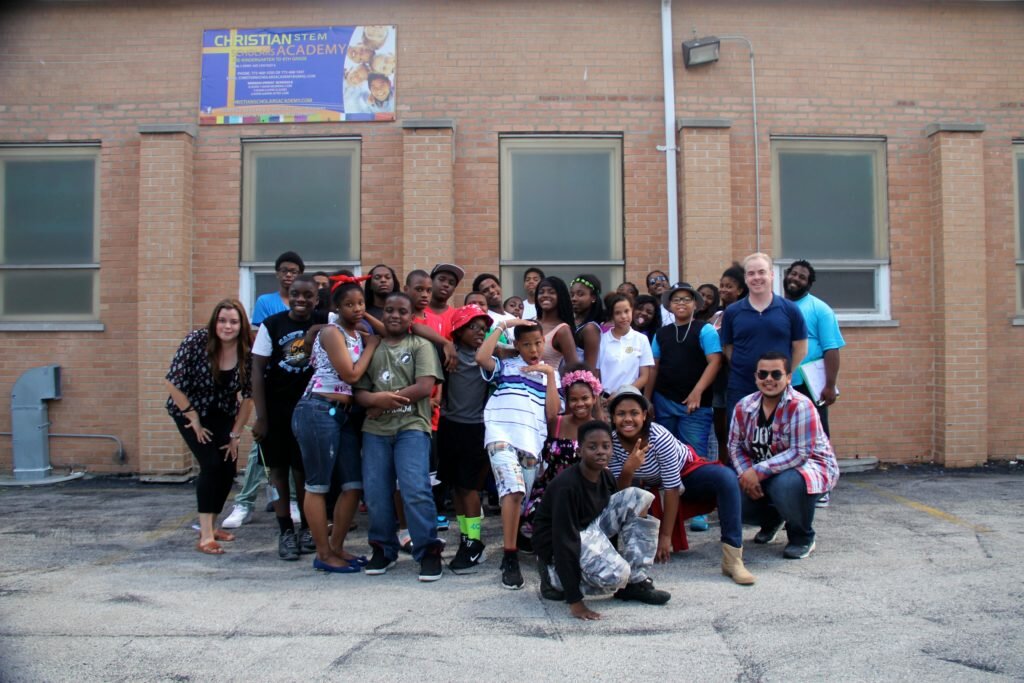
 Today
Today 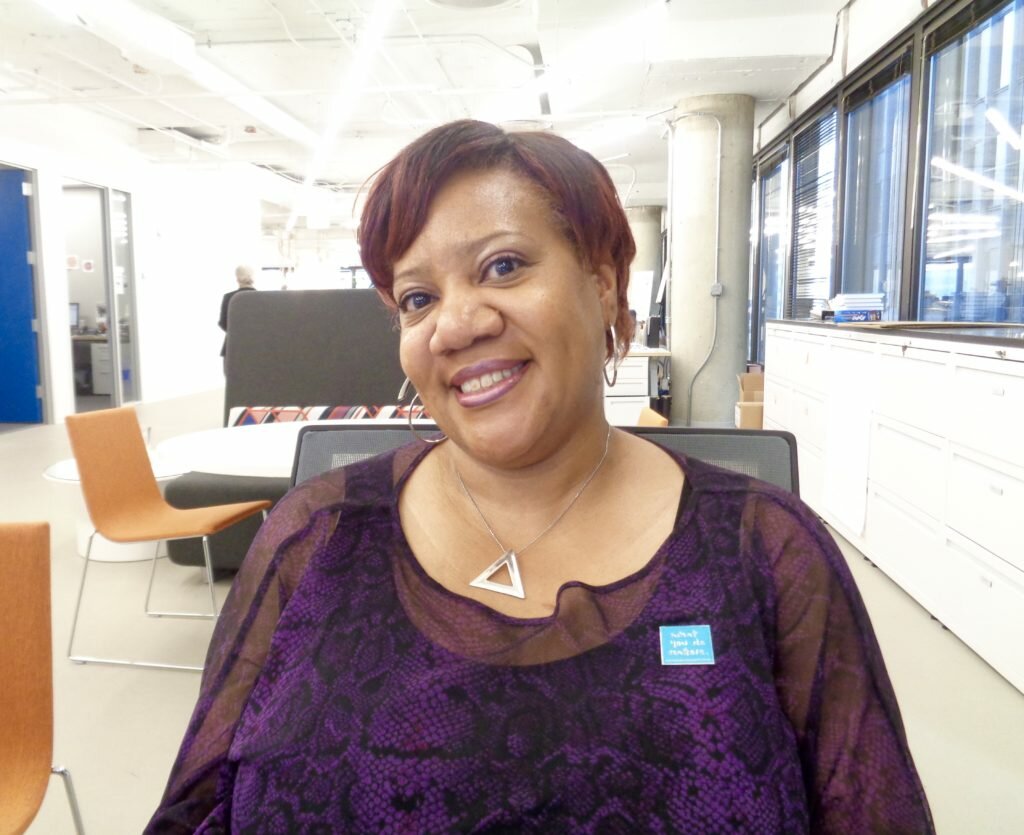

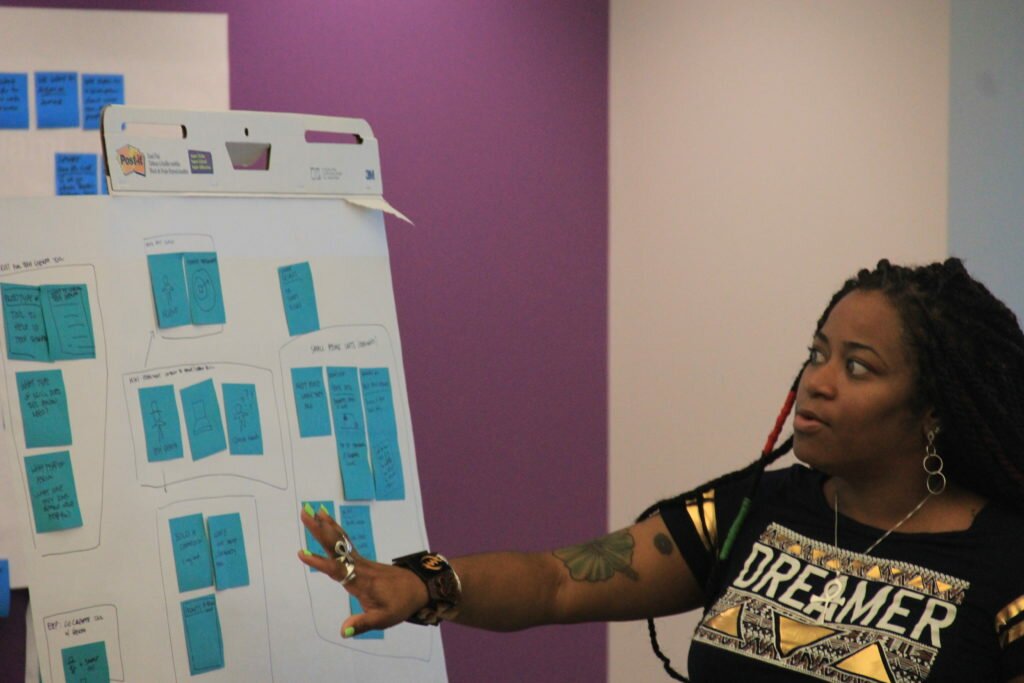
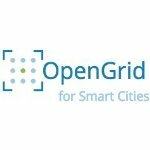 Today our partner, Uturn Data Solutions, launched
Today our partner, Uturn Data Solutions, launched 